The Realest Thing You've Ever Seen
Barnes & Noble Review
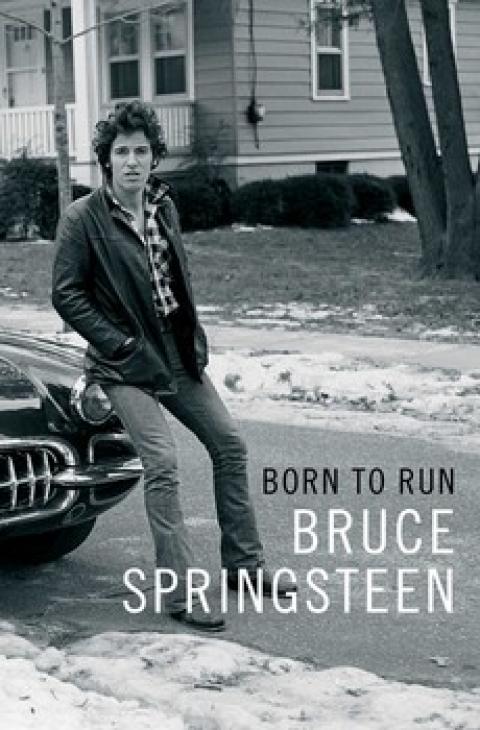
With this book, Springsteen has joined the ranks of those musicians who have also produced first-rate autobiographies. Indeed, the musician's biography has developed into its own literary genre. Long-time music critic Christgau offers a detailed appreciation of this important memoir.

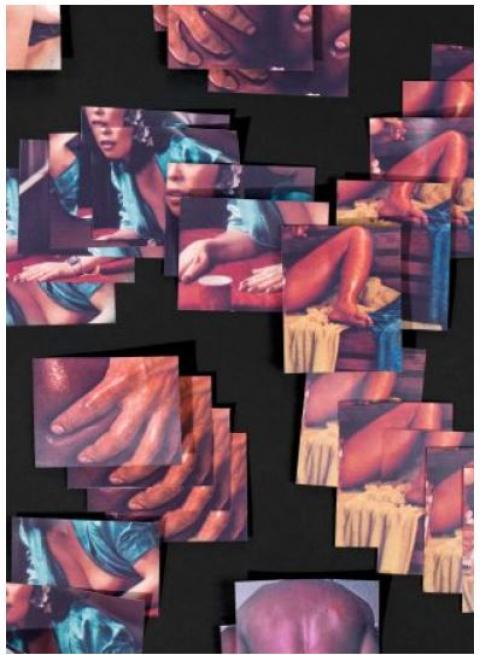
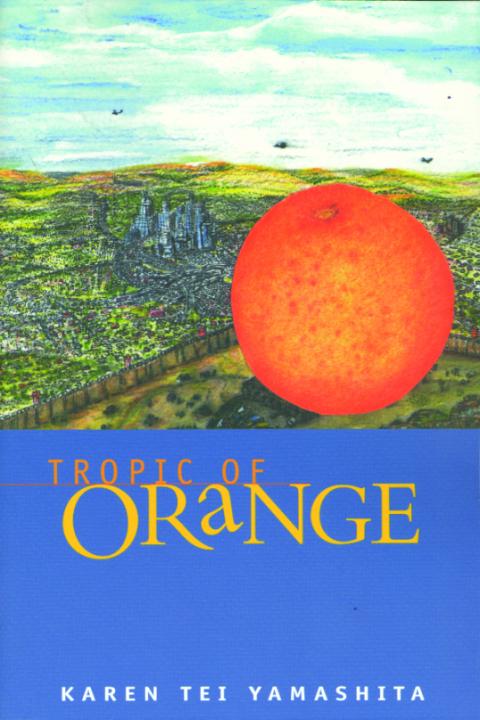
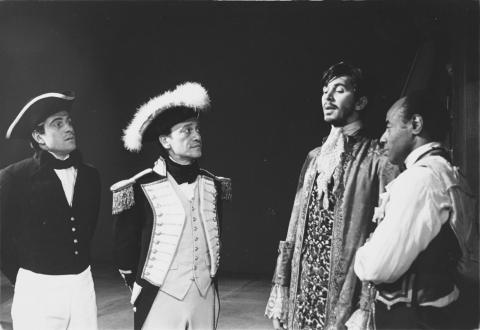
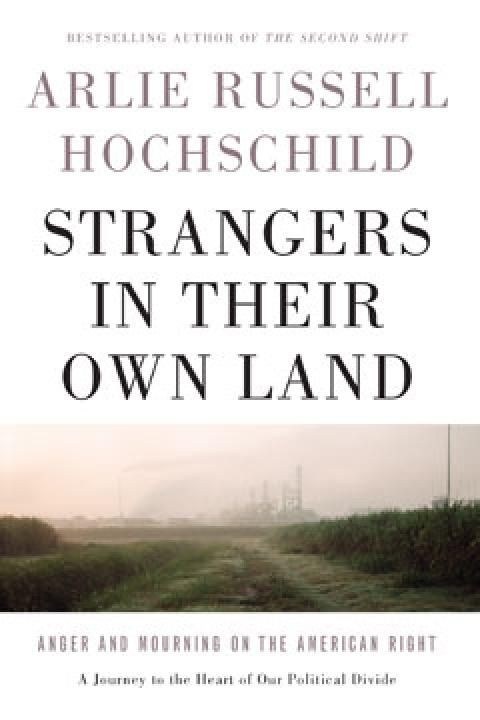

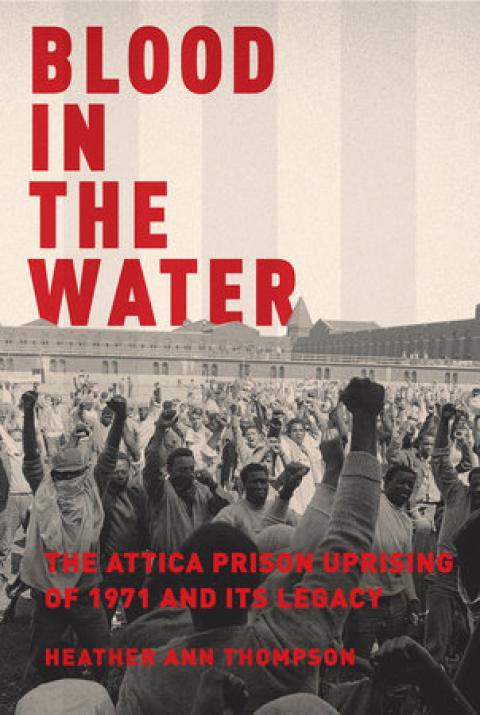
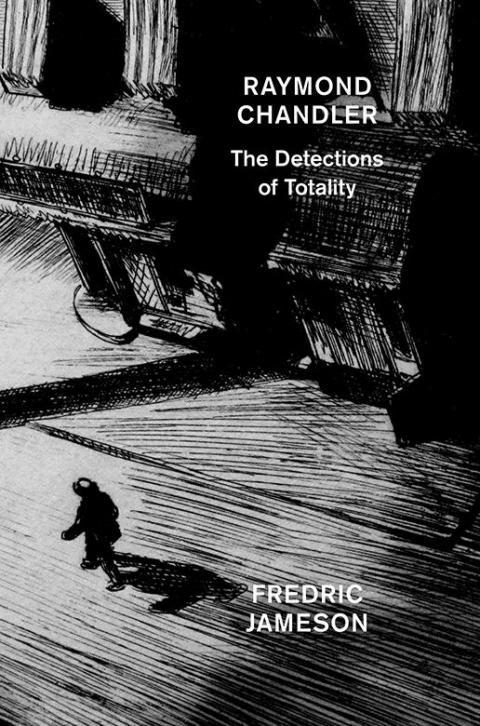
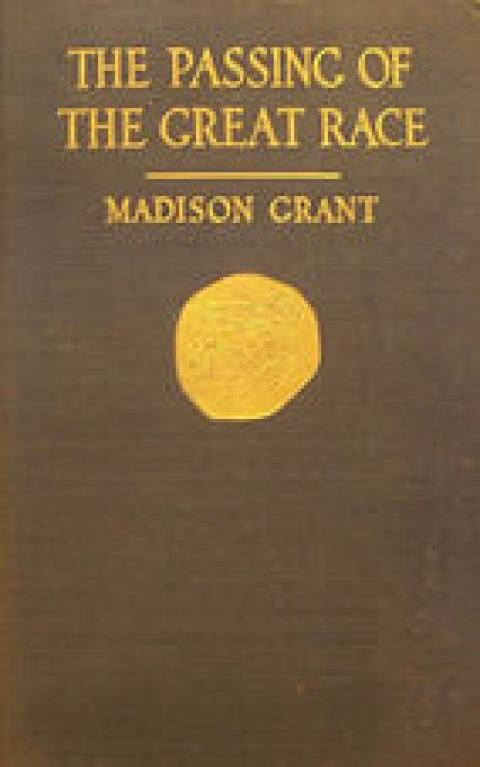

Spread the word